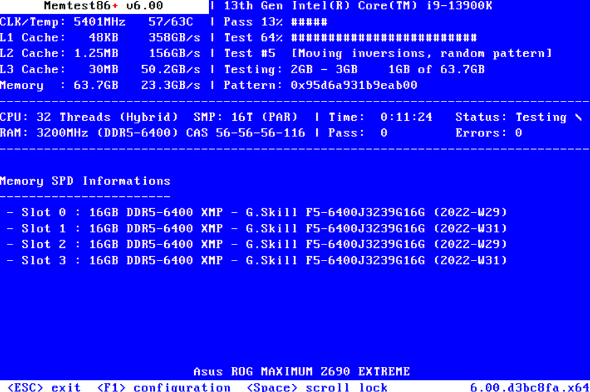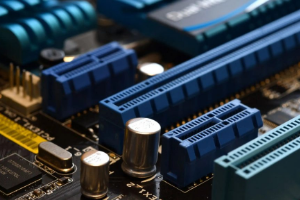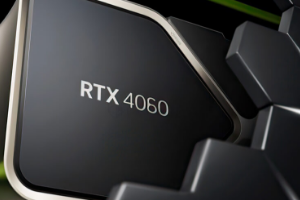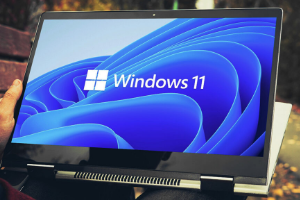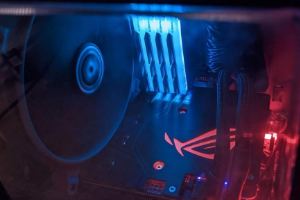Connection to DriversCloudCreate a DriversCloud.com accountReset your DriversCloud.com passwordAccount migration
Memtest86+ returns after more than eight years of absence
" I am alive..."
To begin this news, we are going to speak to you about " a time that the less than twenty years cannot know ". It's hard to say if " Montmartre in those days hung its lilacs under our windows ", but one thing is certain: overclocking fanatics had a field day with hardware that was far more permissive than what we know today. Ah, those 33 MHz 80486 processors that could be upgraded to 50 MHz or, much later, those 300 MHz Celeron A's that accepted a small +50% (450 MHz) without flinching.
We are in 1994 and a certain Chris Brady starts to develop a very small software that hardly needs an operating system: simply installed on his 3.5" floppy disk, MemTest86 starts when the machine is rebooted. It then seeks to track down the slightest possible error in the machine's memory subsystem, while the RAM bars are among the components subject to the greatest stress when overclocking a PC. MemTest86 is the ideal tool to check that your overclocking is working and it has another use: to check that a memory strip is defective before invoking the warranty.
Used by many users, MemTest86 is not updated very regularly and from 2002, it is not followed at all by its creator who stops at version 3.0. A certain Samuel Demeulemeester then decided to take over the project and to develop what is called in the jargon a fork, in other words a new branch, which he named Memtest86+. Roughly speaking, the functioning of the software is identical and so are its functionalities. However Samuel Demeulemeester decided to distribute his software for free under the GNU GPL license.
Memtest86+ v6.00 final has been released! 🎉
Since the last non-beta version (in 2013!), it has been rewritten from scratch and is back to active development. Memtest86+ is still 100% open-source and 100% free. Please give it a try at https://t.co/MipBsftGBU. 😍 pic.twitter.com/oudTI4p3KZ- Doc TB (@d0cTB) October 24, 2022
However, the story does not end there and if the development of Memtest86+ continues until version 5.01 - in September 2013 - an event occurs more or less at the same time: the code of the original MemTest86 software is sold to the Passmark company. The latter decides to take over the development and if it offers a free version - limited - it also markets a PRO version. Finally there is obviously no question of a GNU GPL license for this software. As Memtest86+ is no longer being updated, users may have the impression that the baton has been passed on.
But then, a few days ago, Samuel Demeulemeester announced on Twitter that the development of Memtest86+ had been resumed. It is now done by himself and his colleague, Martin Whitaker, author of version 5.01. The code has been rewritten to work with the new UEFI BIOSes but the GNU GPL license is still in place and the software is, of course, completely free. Memtest86+ seems to be ready to become the reference for memory testing again as it now supports DDR4 as well as DDR5, AMD Zen 4 processors as well as Intel Raptor Lake.
To download Memtest86+, which we recommend, you can of course do so on the official website.
